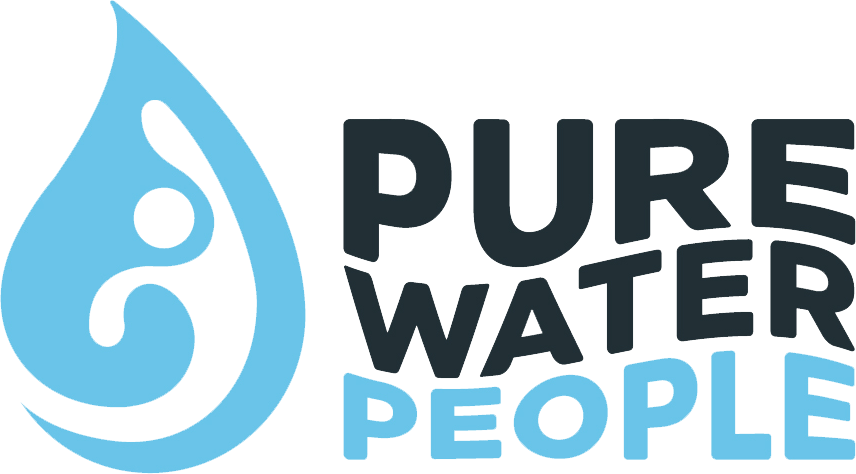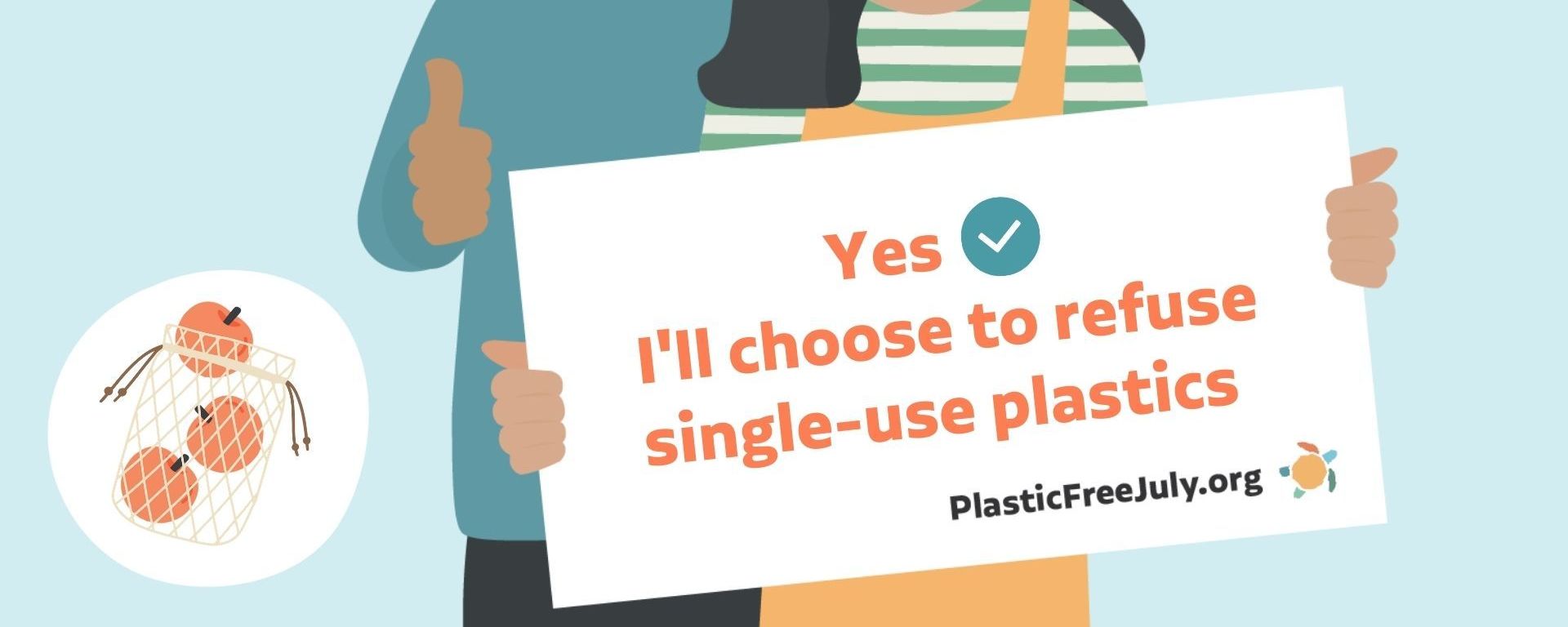Plastic Free July
Posted on 8th July 2021 at 12:44
This July is an exciting one. The Euros have been entertaining the country and bringing us together in celebration, there looks like there may finally be an end to the various restrictions brought on by the pandemic (at least at the time of writing – let's hope everything goes to plan!) and, of course, summer is here! But in recent years, July has also become an important month when it comes to protecting the environment.
Now in its tenth year, Plastic Free July has grown to become a world-wide campaign to raise awareness and help people reduce their plastic consumption and plastic waste. Started by Rebecca Prince-Ruiz, founder of the Plastic Free Foundation, this initiative sees over 300 million participants take the challenge (July 2020 saw an estimated 326 million people, from 177 different countries, get involved).
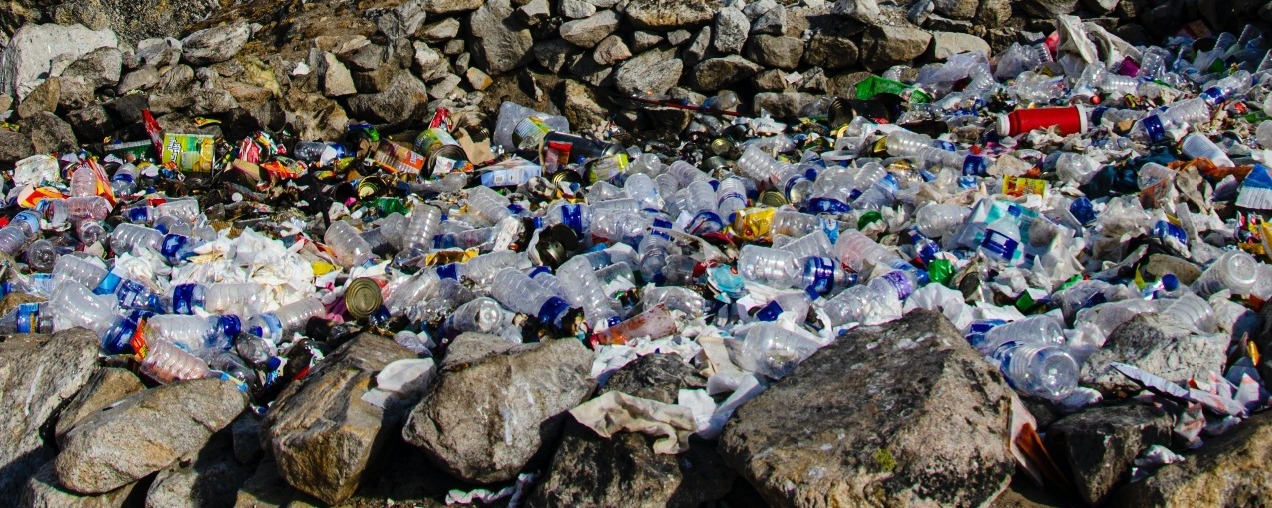
Reducing Plastic Waste is Very Important
It’s a worldwide issue – far too much plastic is being used and wasted. With hundreds of millions of tonnes being both produced and thrown away each year, causing pollution throughout the planet and its environment (millions of tonnes of this waste end up in the ocean each year alone), it’s clear that change is needed soon.
One of the big problems with plastics is that they don’t really biodegrade – they continue to break down into much smaller particles, called microplastics. We’ve covered this before, in our blog Understanding Microplastics, but just in case you didn’t catch that one, here are a few key points we discussed:
An alarming amount of plastic waste is mismanaged.
Microplastics are present in the oceans, in soil and also as an atmospheric pollutant.
Both macro and microplastics are harmful to many different species of wildlife (for example, they are ingested by whales and also sea turtles).
While more research is needed to attain a fuller understanding of their potential impact on health, chemicals such as Endocrine Disrupting Chemicals (EDCs) are present in microplastics. As to how this impacts humans and animals...we can’t be too sure yet. “The Global Plastic Calamity”
The fact is, there are a lot of reasons that plastic pollution needs to be reduced – that's what Plastic Free July is all about, thinking about how we can reduce our plastic consumption as individuals and trying various different things to achieve this!
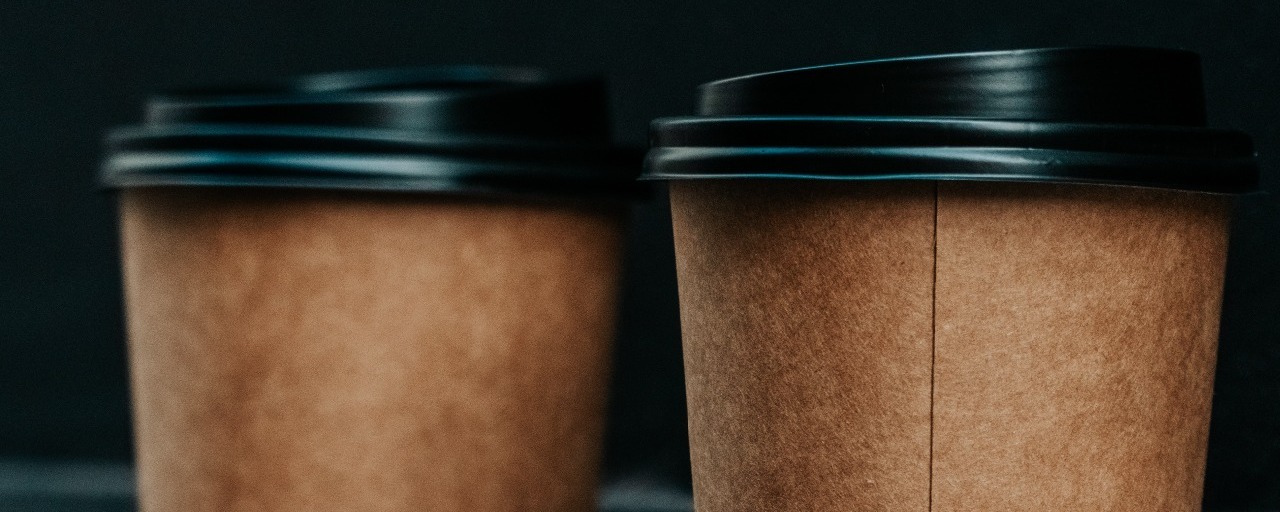
Common Single-use Plastics
When you think about it, we rely on plastic for almost everything (which is a major part of the problem). Plastic shopping bags, disposable coffee cups, plastic straws, water bottles, disposable coffee pods – these are just a few examples of different single use plastics we use. These all take a very long time to biodegrade, with plastic bags taking 20 years, plastic straws taking 200 years and plastic water bottles taking a shocking 450 years. Just to put that in context, the first plastic that was both fully synthetic and mass produced was invented in 1907.
And to think we’re only just beginning to understand the impact this has on both the health of the environment and biological organisms...maybe it’s time to start finding suitable replacements!
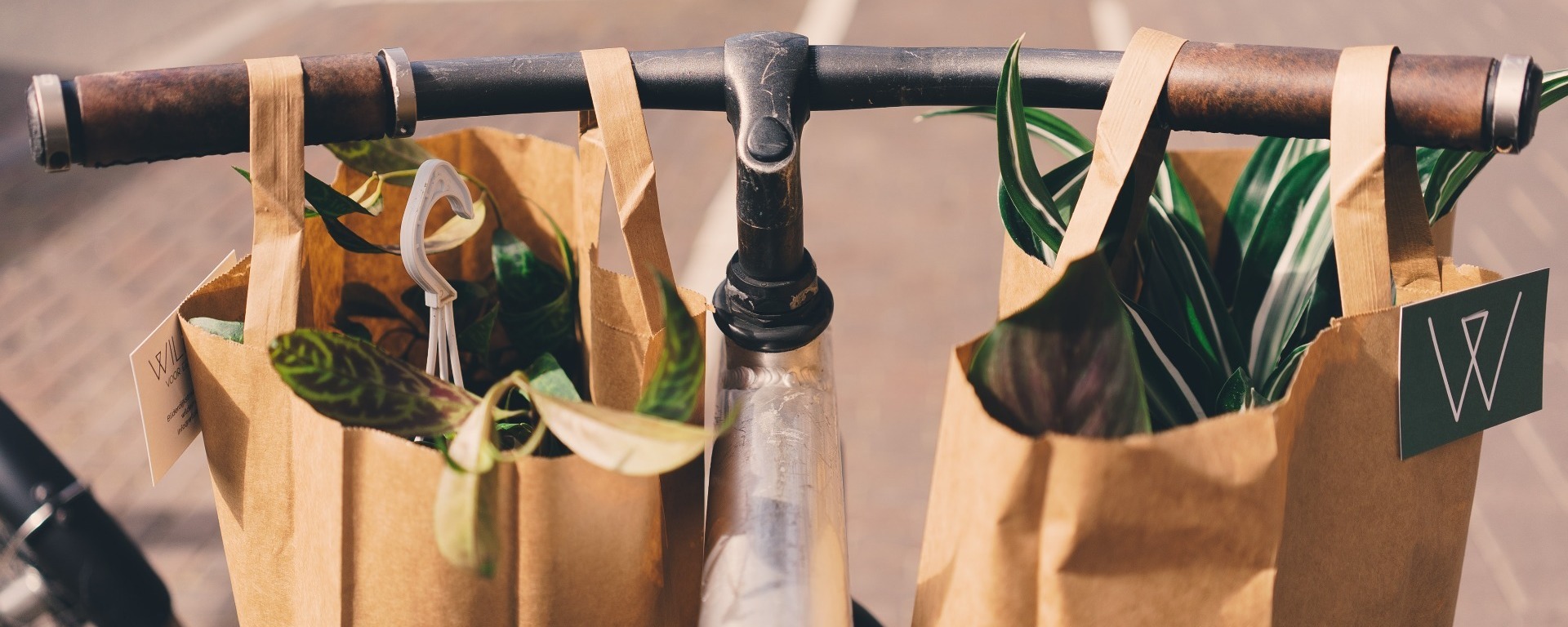
What can you do at home?
There are a number of small changes we can make at home to make a positive impact. First of all, look at shopping bags – even a lot of the reusable ones supplied by supermarkets are large plastic ones, so for anyone using them, a switch to reusable canvas bags would already be a significant change.
Reducing the amount of plastic bottles we use and throw away is also important. This applies to both drinks and personal care products such as shower gels and shampoos. Bar soap is a good alternative when it comes to reducing plastic packaging and also for transportation (as more can be fit into containers, for example). Another option would be to buy soap in bulk and refill pre-existing bottles. A lot of these tend to be in 5L bottles – they're still usually made from plastic, so it’s by no means ideal, but it is at least effective in reducing plastic use.
And for people who buy a lot of bottled water or who frequently purchase takeaway coffee, there’s always the option of using refillable bottles and cups. If everybody did that, it would make a significant impact!
There are so many different changes we can make – have a look at both the Plastic Free July website and the WWF’s Ten Tips to Reduce Your Plastic Footprint for more ideas!
Tagged as: 2021, canvas bags, eco friendly, environment, free, july, macroplastics, microplastics, nanoplastics, plastic, plastic free july, pollution, recycle, reuse
Share this post:

